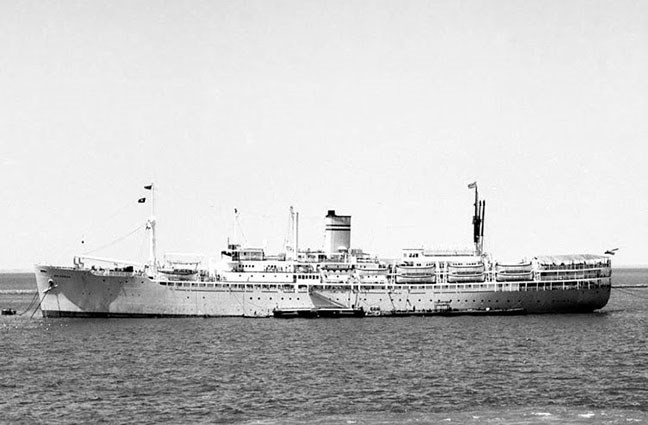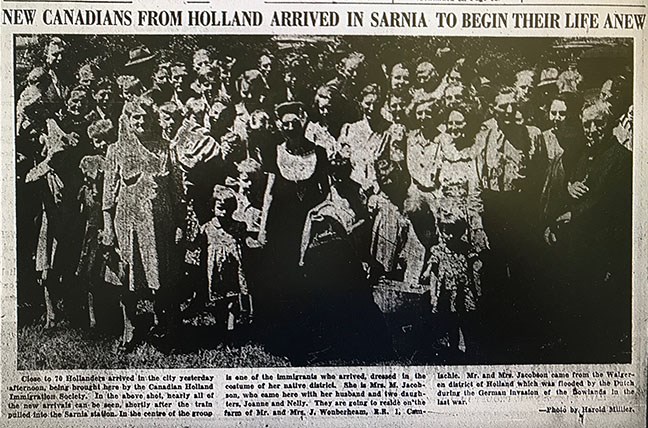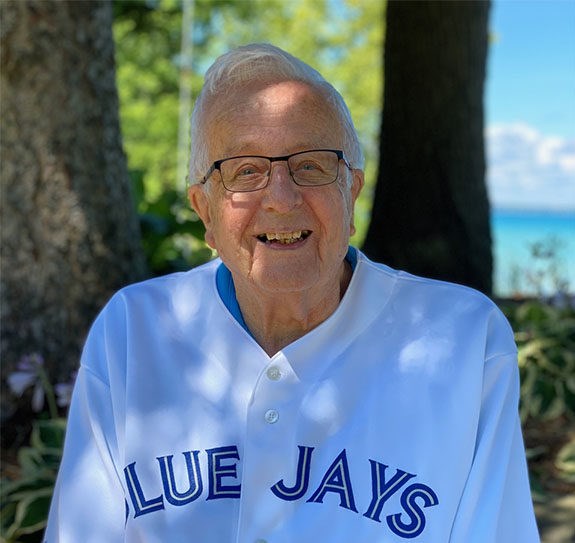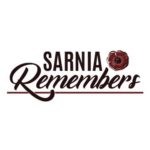 Tom Slater & Tom St. Amand
Tom Slater & Tom St. Amand
Hank Plug, 91, has lived in Sarnia for 75 years and appreciates everything he has. He is the proud father of five children, who have blessed him with 18 grandchildren and 20 great-grandchildren. Unfortunately, his wife and best friend, Greta, passed away in 2018, but Hank is a survivor.
He beat the odds just by surviving World War II in the Netherlands.
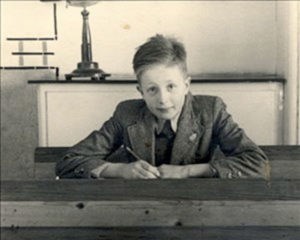
Hank and his five siblings grew up in Noordwijk, then a town of 12,000 residents when World War II began. Noordwijk borders the North Sea and lies in a region featuring long coastal dunes and the cultivation of flower bulbs. This was fortunate for Hank's father, Pieter, supported his wife, Neeltje, and their children by operating a flower shop from their family home.
On May 10, 1940, when Hank was nine, the Germans invaded the Netherlands. By May 15th, the day after the Luftwaffe's bombs had devastated Rotterdam, the Dutch high command surrendered to the Germans.
For five harrowing years, the occupiers affected the fortunes and lives of every Dutch citizen.
The dangers of war were constant. Hank remembers the first time he saw a Dutch warplane, spiralling into the North Sea after it had lost a wing in a dogfight. Allied bombers en route to Germany often flew over Noordwjik. The Plug family heard loud anti-aircraft guns firing at Allied planes and saw the Luftwaffe engage them in combat.
Later in the war, Hank remembers “seeing and hearing V-2 rockets, with their distinctive rumbling sound, flying low in the sky towards England.”
The Germans also seized whatever items they wanted from ordinary citizens—their horses, their wagons, their bikes, their tires, their wood and fuel. They also took most of their food, forcing the Dutch to eat tulip bulbs and to forage for anything edible. Hank and his older brother pulled a cart long distances in hopes of finding any extra food.
“We were always hungry,” Hank acknowledges, “but usually found sugar beets.”
It was especially dangerous for Holland's Jewish population whose methodical persecution began soon after the invasion. Hank was old enough to know their next door neighbours risked their lives by harbouring a Jewish teenager in their home. And he will never forget his Aunt Irene's fate.
Irene Blass, a Viennese Jew and dress shop owner, had married Pieter's brother, Jan. In April 1943, the Germans notified Irene, now a widow, to report to an intake camp. She went willingly, trusting that she was safe and telling loved ones that God would protect her.
Pieter rode his bike—he had no tires, only rims—to visit her until he arrived one day to find she was gone. Irene had been moved to Westerbork, an internment camp, and was then taken to Auschwitz. She lasted only two weeks and died there on September 3, 1943, one of over 100,000 Dutch Jews who didn't survive the war.
The Dutch fought back by forming a secret resistance movement and throughout the war, Pieter did some work with the Dutch underground. His flower shop was the perfect cover and became a safe meeting place for resistance fighters. A few times when Hank walked into a meeting, his father abruptly shooed him away.
On May 5, 1945, their nightmare ended when the Netherlands was liberated.
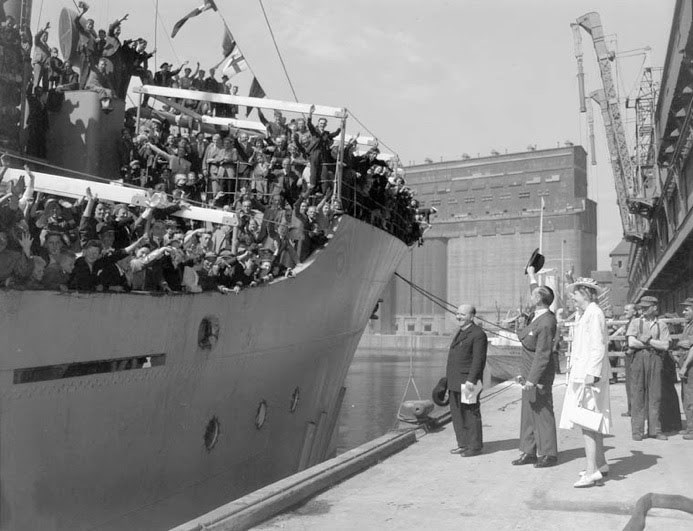
After the war, Pieter worried about his children's future, so the Plug family was on the first boat of Dutch immigrants bound for Canada. They arrived in Sarnia in June 1947 where Mayor Nelson and other dignitaries welcomed the 30 newcomers to their new home.
Hank was 16 then and over the years he forged a life for himself in Sarnia--finding steady work, marrying Greta, and starting a family. He will never lose his heritage or forget the difficult years of the German occupation, but is grateful for all that Canada and Sarnia have offered him.
“Today, I am a Canadian first,” Hank states proudly.
